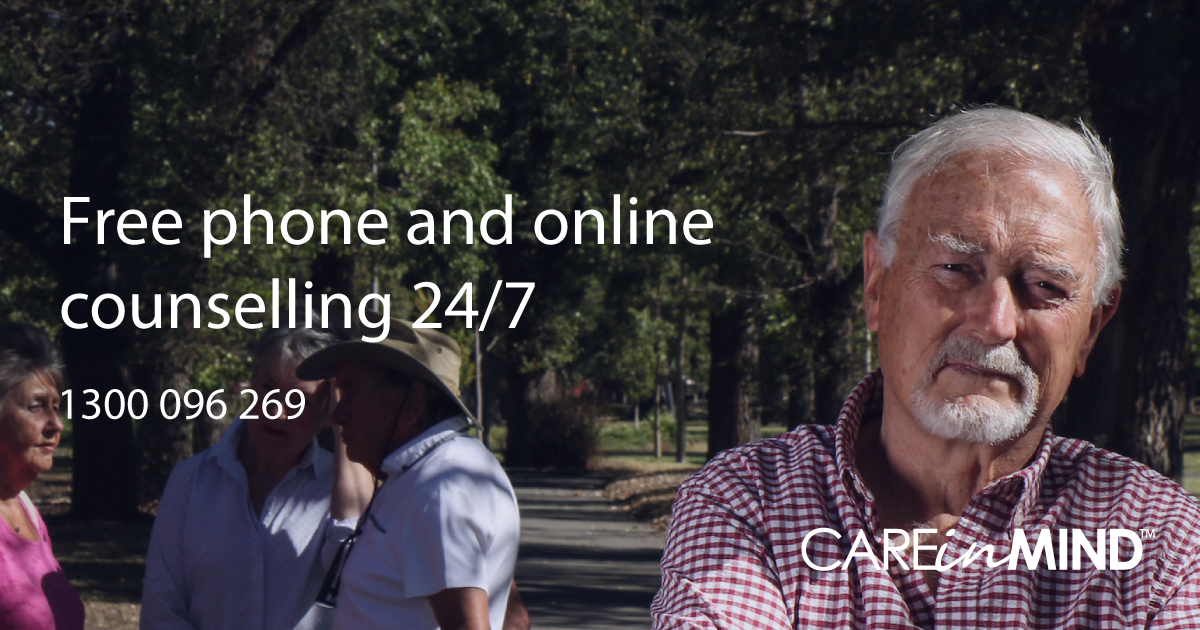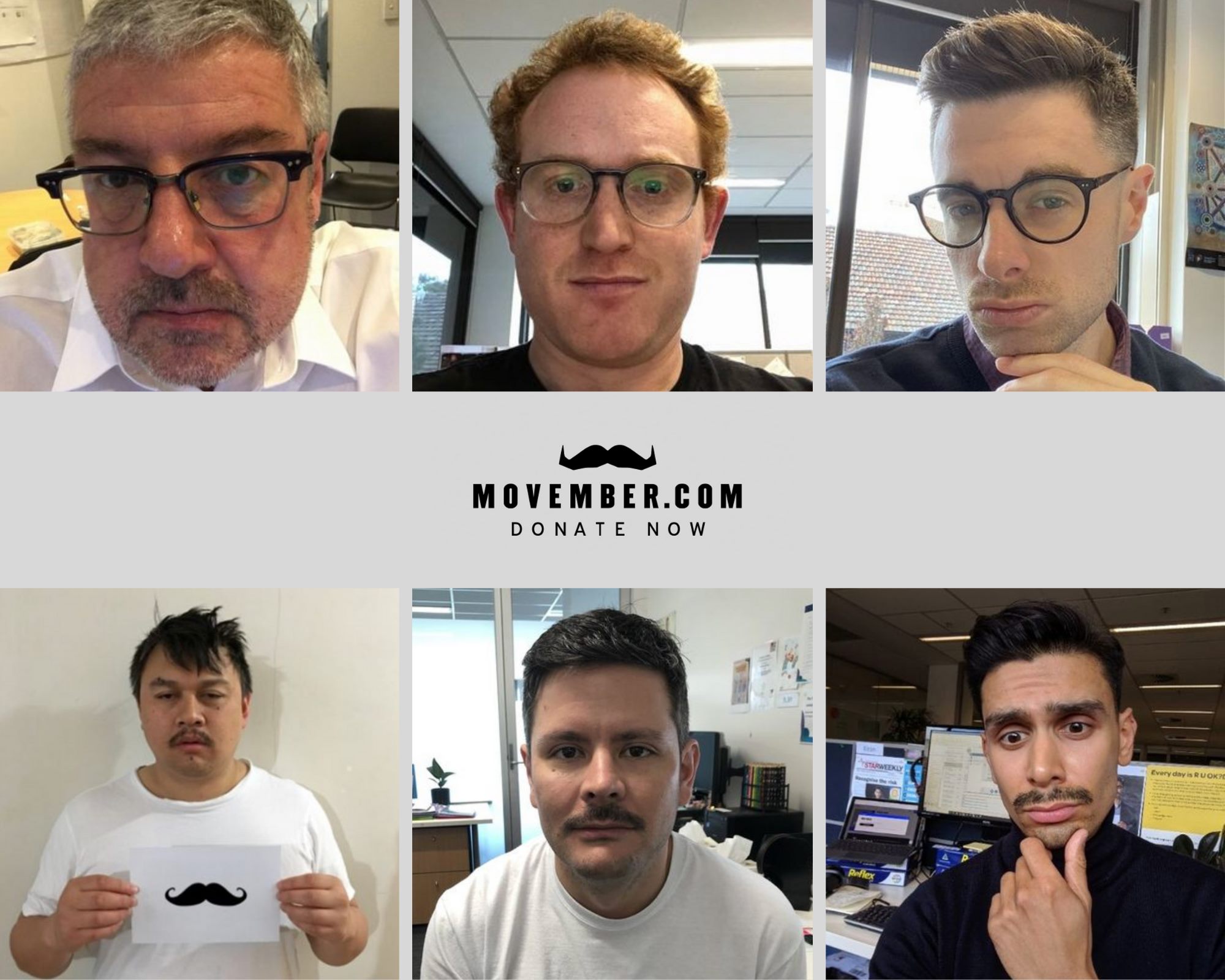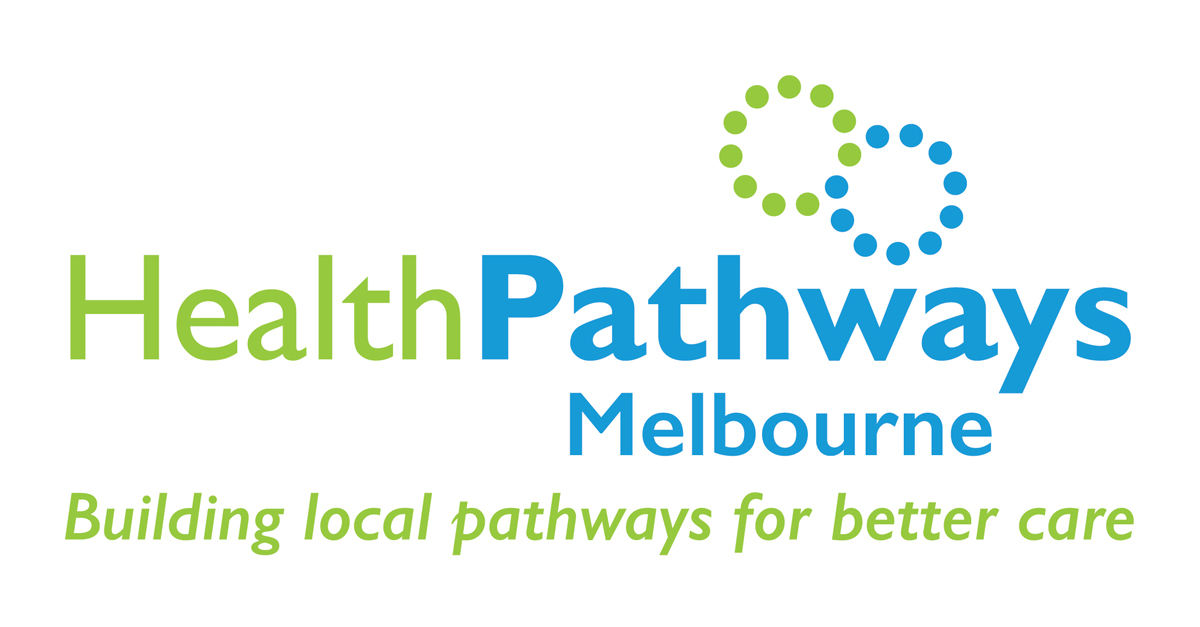
What is men’s health?
Thanks to the popularity of the Movember movement, November has become the month to discuss men’s heath and health issues.

Movember, which started in Melbourne, has become the leading charity raising awareness of men’s health issues in Australia. Growing a Mo in November helps to raise funds and awareness of men’s physical health – specifically prostate cancer and testicular cancer – and mental health. Movember is aiming to reduce the number of men dying prematurely by 25 per cent by 2030.
What are men’s health issues?
Men in Western societies such as Australia are less inclined than women to take an active role in maintaining their health.
Women are more likely to have regular contact with doctors because of reproductive issues such as menstrual periods, contraception and pregnancy. Men do not have a similar reason to regularly see a doctor. They are also less likely to seek professional help for problems, particularly those of an emotional nature.
Physical health
The leading causes of death for Australian males are:
- Ischaemic heart disease
- Trachea and lung cancer
- Dementia and Alzheimer’s disease
- Cerebrovascular diseases
- Chronic lower respiratory diseases
- Prostate cancer
- Colon and rectum cancer
- Diabetes
- Blood and lymph cancer, including leukaemia
- Suicide
Males outnumber females in many causes of non-sex-specific deaths. For example:
- Suicide – 75 per cent of deaths are male
- Trachea and lung cancers – 60 per cent of deaths are male
- Blood and lymph cancers (including leukaemia) – 58 per cent of deaths are male
- Ischaemic heart disease – 57 per cent of deaths are male
- Colon and rectum cancers – 55 per cent of deaths are male
Source: Australian Bureau of Statistics (2016).
Mental health
The Western definition of masculinity includes strength and silence. Men may feel that it is a sign of weakness or ‘femininity’ to seek help.
One out of every six Australian men experiences depression at any given time. Teenagers and the elderly are particularly at risk. Male depression is associated with an increased risk of health disorders such as cardiovascular disease and diabetes. Men are likely to resort to destructive behaviours in an attempt to deal with depression.
Men experiencing depression are twice as likely as women experiencing depression to abuse alcohol and drugs. Men often try to manage their symptoms of depression by using alcohol and other drugs, which make the symptoms worse.
Depression is a known high-risk factor for suicide. According to the Australian Bureau of Statistics, men of all ages die by suicide at a higher rate than women.
What services are available for men in the north western Melbourne region?
There are a number of services available in the North Western Melbourne Primary Health Network region that may be appropriate for men’s physical and mental health issues.
[accordions_pickplguins id=”14223″]
How do I refer?
Wellbeing Support Services can be accessed through careinmind.com.au.
Targeted Psychological Services, Intensive Support Services and Suicide Prevention Services are coordinated through CAREinMIND. While a mental health treatment plan is not required, creating one does provide additional useful information for the receiving clinician and a legitimate source of income for the referring clinician. Referral forms are available here.
AOD services are accessed directly through the provider. Use the System of Care search tool to navigate to the appropriate NWMPHN commissioned service provider. Or alternatively via HealthPathways, which includes PHN and state-funded services:
- Low Risk Alcohol and Drug Treatment Assessment
- Moderate to High Risk Alcohol and Drug Treatment Assessment
Men’s Sheds
Men’s Sheds are an updated version of the backyard shed that has long been a part of Australian culture. They create a friendly environment where men of all ages can come together and work on meaningful projects at their own pace, in their own time and in the company of other men. A major objective is to advance the health and wellbeing of their members.
There are a number of Men’s Sheds in north western Melbourne, find a local one at mensshed.org.au/find-a-shed
Tweddle Working Out Dads
Tweddle Child and Family Health Service runs a program in Melbourne’s west for dads with a child under four years of age living at home. Working Out Dads aims to connect, support and strengthen the capacity of dads in the very early years of parenting. The program promotes healthy lifestyle choices and helps dads to feel less isolated and more resilient and supportive during the transition to early parenting. More information is available on the Tweddle website.
Sons of the West
Sons of the West is a free health program for men aged 18 and over who live and work in Victoria’s west. The 10-week program aims to improve men’s health and wellbeing through a series of workshops, presentations and healthy activities. The program is delivered by Hobsons Bay City Council and the Western Bulldogs Community Foundation.
To register your interest in future programs register online or email: info@sonsofthewest.com.au
GPs and referrers can recommend an individual to the Sons and Daughters of the West programs using the participant recommendation form (.pdf, 76KB).
Men’s sexual health services
The Melbourne Sexual Health Centre has information on a number of sexual health services available to men in the region. More information is available on their website.
Where can I get more information?
Question, Persuade and Refer training
Access to free online suicide prevention training is available for people who live in Melbourne’s north west. Question, Persuade and Refer (QPR) are the three simple steps anyone can learn to help save a life from suicide. QPR training will provide you with:
- Knowledge and skills to identify warning signs that someone may be suicidal
- Confidence to talk to them about suicidal thoughts
- Assistance to connect them with professional care
Visit nwmphn.org.au/suicideprevention-qpr to sign up for free QPR training. It only takes one hour to complete.
HealthPathways
- Bookmark pages on assessment and management of depression and anxiety in adults. These pages also include links to a number of patient assessment tools and resources for patients.
- HealthPathways Melbourne also has a page that outlines the process to refer patients to Adult Psychological Therapy and Counselling services
If you do not have access to HealthPathways please contact info@healthpathwaysmelbourne.org.au
Disclaimer: This article was provided by NWMPHN. While every effort has been made to ensure the information is accurate, North Western Melbourne Primary Health Network does not warrant or represent the accuracy, currency and completeness of any information or material included within.




